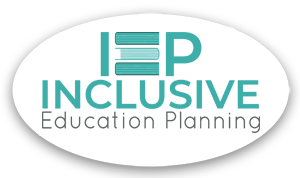There are a large number of teacher resources that support the notion that students with disability require specialist teaching interventions to maximise learning outcomes, particularly regarding social skills. These interventions address barriers to education, including social/ emotional, behavioural, relational and sensory barriers that students with disability experience. Therefore, a tiered model of adaptations and strategies such as functional behavioural assessments, choice making opportunities, functional communication and social narratives, can be implemented to improve outcomes. Teachers learn these specific strategies at the pre-service level by incorporating ‘special education’* into their degree, by participating in post-graduate studies in ‘special education’, learning on the job as a classroom teacher, through professional learning or through colleagues. However, the need for specific strategies can lead to the perception that students with disability require a separate and segregated education that only teachers qualified in ‘special education’ are able to deliver…which is not correct and actively works against their inclusion. Now I’m not dismissing how valuable a ‘special education’ degree is. However, it does become problematic when teachers in general education have the misguided perception that they are unable to teach students with disability. All teachers can teach all students…perhaps with a bit of support and guidance from ‘special educators’.
However, here’s the paradox. Whilst students with disability require specialist interventions, they learn the same way that other students learn. They require a different emphasis and intensity to cater for their differences, but so do most students. And strategies that are helpful for students with disability benefit all students. We need a way to effectively utilise the expertise of ‘special educators’ within general education to create an environment where all students flourish. This is particularly relevant for the teaching of social skills, where many students, not just those with disability, struggle. Explicit teaching with supports such as visuals, and breaking down complex tasks into students into a number of steps is helpful for everyone. Reiterating these expectations in a various ways via drama, role plays, stories and problem solving helps all students in their learning outcomes. So the underlying message in this blog is to learn what works for children with disability and apply it in your general education classroom.
*Note the term ‘special’ is considered a highly stigmatised term by people with disability as it is associated with deficit views of disability.




